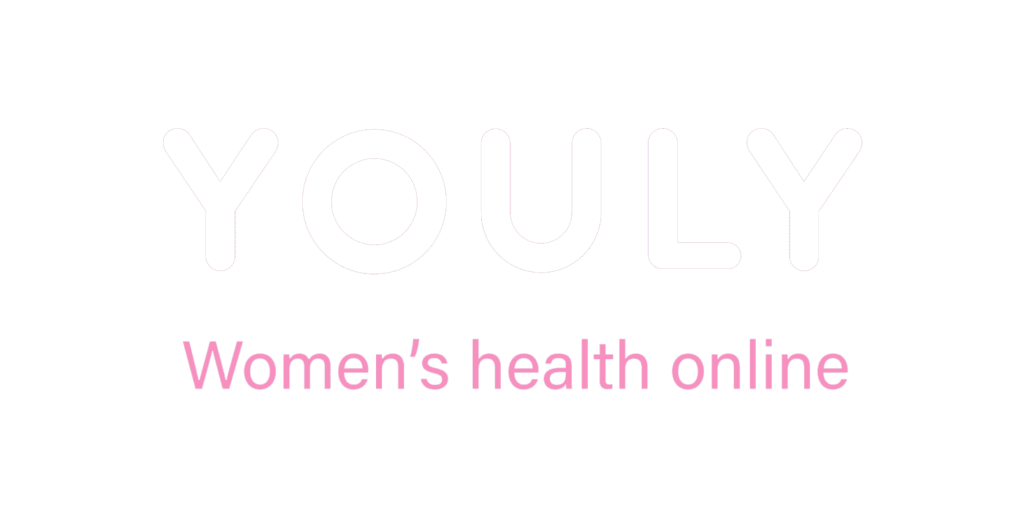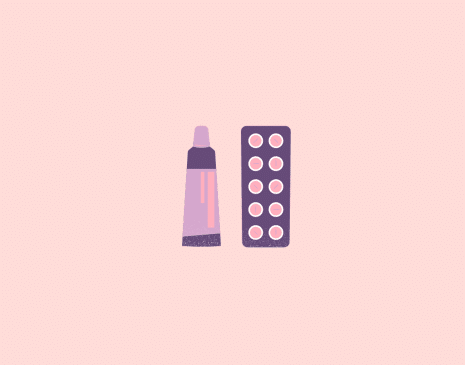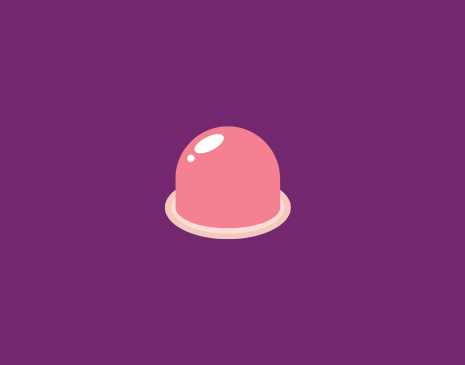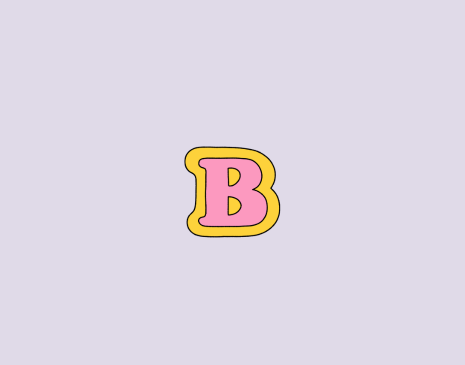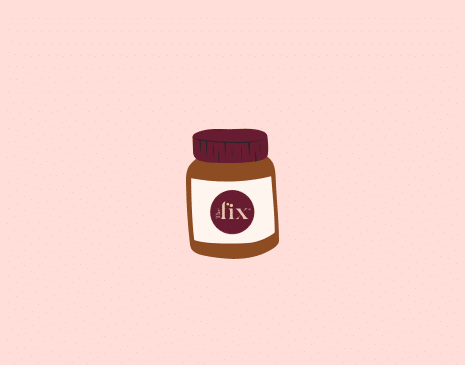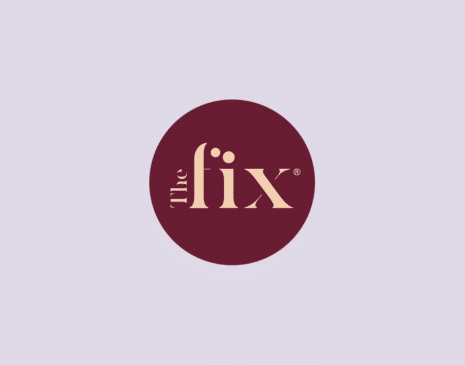Thrush creams offer targeted, immediate relief and are ideal for external symptoms, while thrush tablets treat the infection systemically and are effective for recurring or severe cases. Ultimately, the best thrush treatment depends on the individual’s specific symptoms and medical history, with some cases benefiting from a combination of both.
In this article, we dive into thrush treatments, comparing the efficacy and convenience of thrush creams and tablets. Whether you’re seeking fast relief or a long-term solution, we share the insights you need to make an informed decision.
Understanding Thrush: The Basics
If you’ve been experiencing discomfort, itching, or unusual discharge in your genital area, you might be wondering if you have a sexually transmitted infection (STI). One common condition that can cause these symptoms is thrush, also known as vaginal yeast infection.
What is Thrush?
Thrush, or vaginal yeast infection, is not an STI. It is a common fungal infection caused by an overgrowth of a type of yeast called Candida albicans. While it’s not a sexually transmitted infection, sexual activity can sometimes trigger or worsen thrush in some individuals.
What Causes Thrush?
When it comes to the big question – what causes thrush? – primarily, thrush is caused by an imbalance in the natural flora of the vagina. This imbalance can be triggered by various factors, including:
- Antibiotics: Taking antibiotics can disrupt the balance of beneficial bacteria in the vagina, making it easier for Candida yeast to overgrow.
- Hormonal Changes: Fluctuations in hormone levels, such as those that occur during pregnancy, menopause, or while taking birth control pills, can increase the risk of thrush.
- Diabetes: Individuals with diabetes are more susceptible to thrush due to elevated sugar levels, which can promote yeast growth.
- Weakened Immune System: Conditions that weaken the immune system, such as chemotherapy or HIV, can make it harder for the body to control yeast overgrowth.
Symptoms of Thrush
Common symptoms of thrush include:
- Itching and burning in the genital area.
- Redness and swelling around the vulva.
- Abnormal vaginal discharge that is thick, white, and cottage cheese-like.
- Pain during sexual intercourse or urination.
If you experience these symptoms, consult a healthcare provider for an accurate diagnosis.
Treating Thrush
The good news is that thrush can be effectively treated. Over-the-counter antifungal creams and suppositories are available for mild cases. For more severe infections, a healthcare provider may prescribe prescription-strength antifungal medications. In some cases, oral antifungal medications may be necessary.
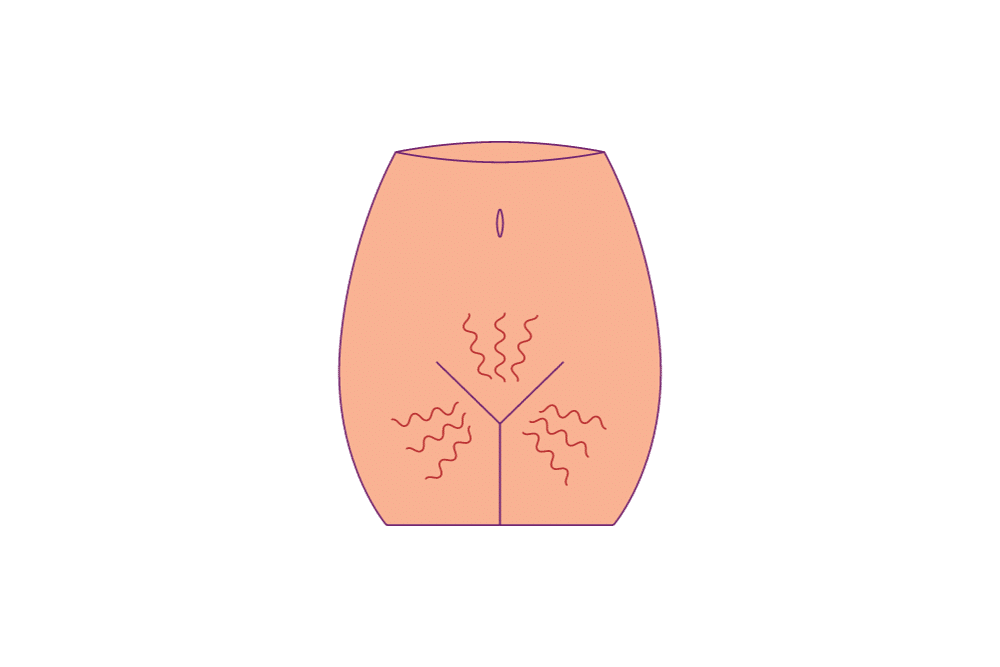
Thrush Cream: What You Need to Know
Thrush cream is a topical antifungal treatment specifically designed to provide immediate relief from external symptoms of thrush, such as vaginal irritation and itching. It’s an effective option for those seeking targeted, localised therapy for vaginal yeast infections.
What Cream is Best for Thrush?
There are several types of thrush creams available for the treatment of vaginal yeast infections, each formulated to target the fungal infection caused by Candida species. These include:
External Creams: These are applied to the external genital area to relieve symptoms like itching and irritation. They are ideal for those experiencing discomfort around the vulva.
Internal Creams: Often accompanied by an applicator, internal vaginal cream is inserted directly into the vagina to treat the infection at its source. Internal creams are beneficial for treating the internal symptoms of thrush.
Vaginal Pessaries: Similar to internal creams, vaginal pessaries are inserted into the vagina but come in a solid form that dissolves at body temperature. They are used to treat the infection internally and are effective for both acute and recurrent thrush.
Combined Treatments: Some treatment options include both an internal cream or pessary and an external cream, providing a comprehensive approach to treat both the internal and external symptoms of a vaginal yeast infection.
Each type of thrush treatment is designed to address the specific needs of the infection, whether it’s a first-time occurrence or recurrent thrush. It’s important to choose the right form of antifungal treatment based on the severity and location of your symptoms, and to follow the directions of use for effective results. As always, consult with a healthcare professional for personalised advice and treatment options.
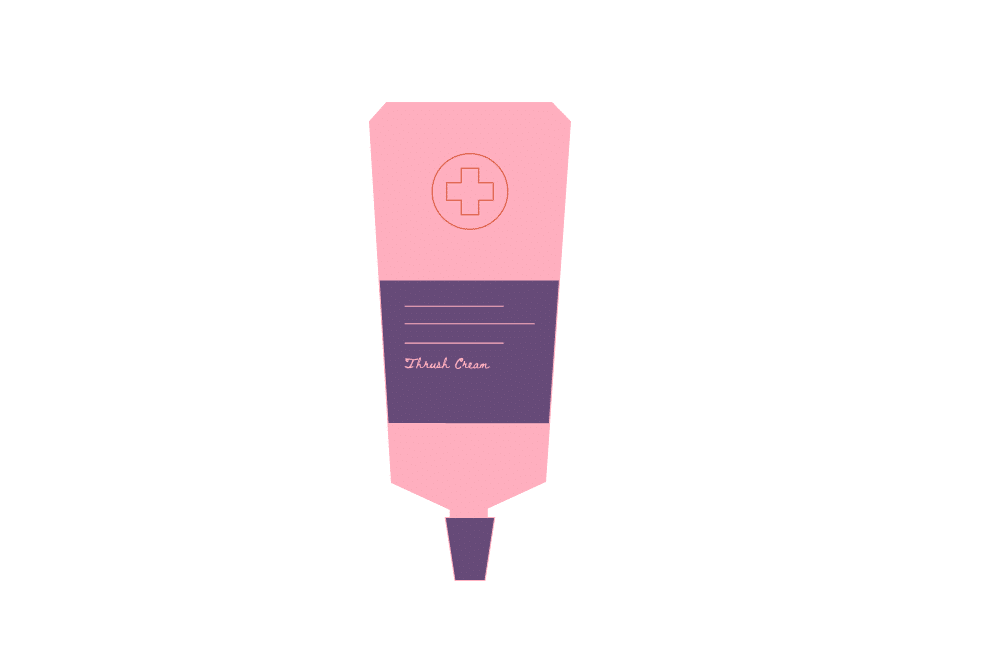
What Cream is Good for Thrush Symptoms?
For relieving thrush symptoms, antifungal creams specifically formulated to target the Candida species, the fungus responsible for thrush, are highly effective. These creams, applied directly to the affected area, offer prompt relief from the common discomforts of a yeast infection, such as itching, burning, and irritation.
Ideal for external use, these creams can significantly alleviate external symptoms of vaginal thrush. While they provide symptomatic relief, it’s important to consider using them in conjunction with other treatments like internal creams or oral medications, especially in cases of severe or recurrent infections. Consulting a healthcare professional is always advised to ensure you choose a cream that is best suited for your specific symptoms and overall health condition.
How Do I Get Instant Relief from Thrush?
For immediate relief from thrush symptoms, applying an external cream to the affected area can help soothe thrush itching and irritation. While instant relief is a priority, it’s crucial to follow the full course of treatment to treat the underlying fungal infection effectively.
What is the 1-Day Treatment for Thrush?
Some thrush treatments are formulated to provide a complete course of treatment in a single day. These typically involve a higher concentration of the active antifungal ingredient and are designed for convenience and quick resolution of symptoms. However, the effectiveness of a 1-day treatment can vary based on the severity of the infection and individual response.
When comparing thrush cream and thrush tablets, it’s essential to consider the specific nature of the thrush infection, whether it’s a vaginal yeast infection or a different manifestation of Candida albicans. While creams are effective for external symptoms and immediate relief, tablets treat thrush systemically and may be better for recurring or internal infections. Always seek medical advice for the most appropriate and effective thrush treatment for your situation.
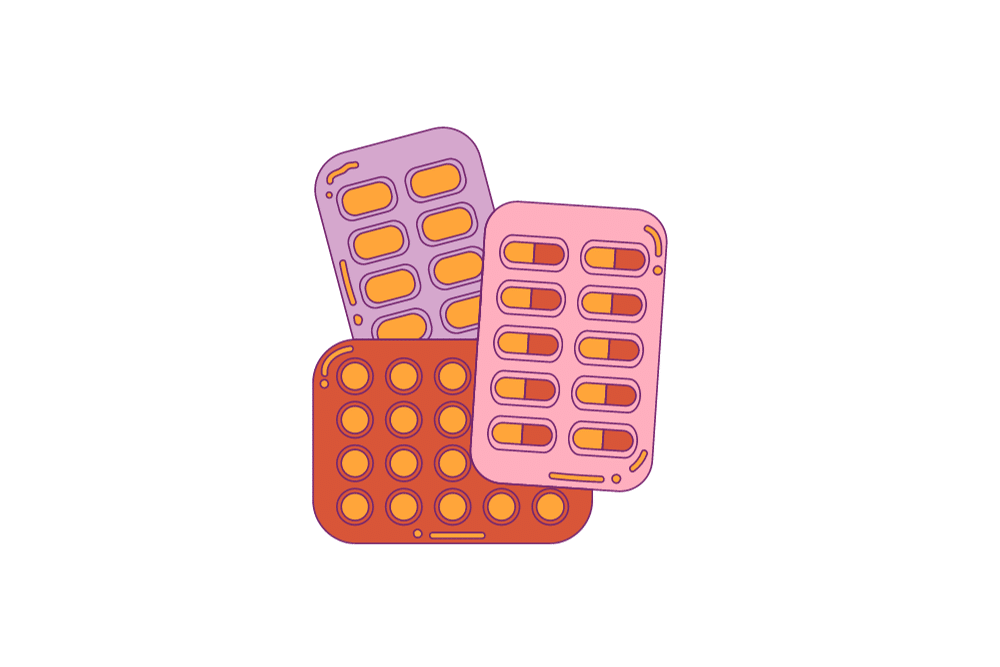
Thrush Tablets: What You Need to Know
Thrush tablets are oral antifungal medications that provide a systemic approach to treating thrush, targeting the infection from within. They are particularly effective for more severe or recurrent cases of thrush, offering a comprehensive treatment option.
What is the Best Pill for Thrush?
The best thrush tablet typically contains an antifungal agent effective against Candida albicans, the fungus commonly responsible for vaginal yeast infections. The effectiveness of a thrush tablet can vary based on the severity and recurrence of the infection, as well as individual health factors. It’s important to select a tablet that aligns with your specific medical needs and to follow the prescribed course of treatment.
Is There a One-Off Pill for Thrush?
Yes, there are thrush treatments available in the form of a single-dose tablet. These are designed for convenience and ease of use, offering a full course of treatment in just one dose. However, the suitability of a one-off pill depends on the individual’s specific symptoms and the severity of the infection.
How Long Does It Take for Thrush Tablet to Clear Up?
The time it takes for a thrush tablet to clear up the infection varies. While some people may notice improvement within a few days, the symptoms might take up to a week to fully resolve. It’s important to complete the entire course of treatment, even if symptoms improve quickly, to ensure the infection is fully treated. So, if you’re wondering, “Can you have sex with thrush?” you may need to wait it out a little.
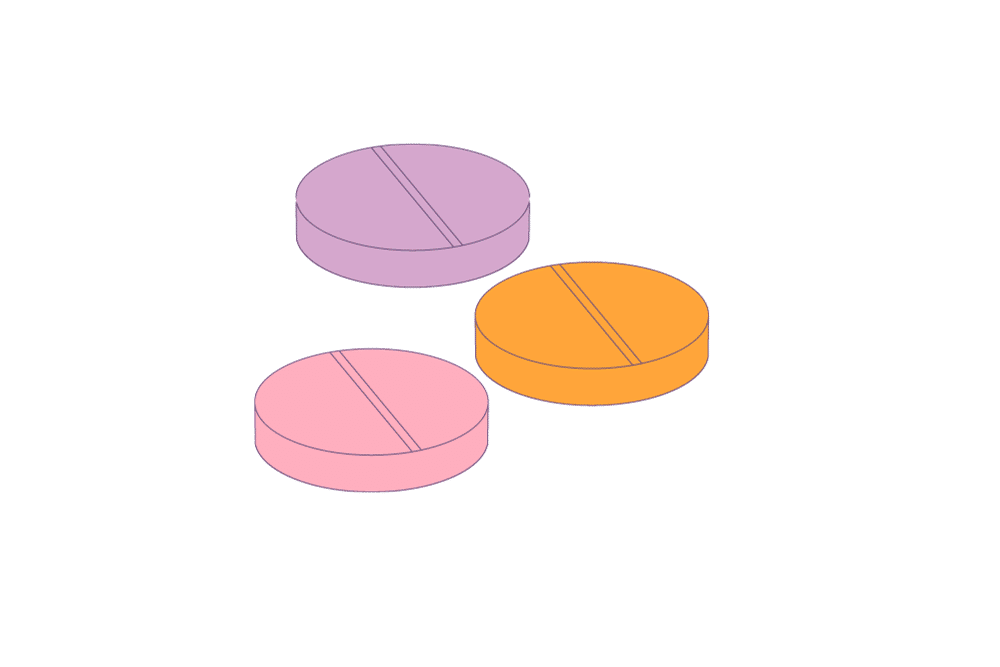
Is Thrush Cream or Thrush Tablet Better?
The choice between thrush cream and tablet depends on the nature and severity of the infection. Thrush creams are typically used for immediate relief of external symptoms like itching and irritation, while tablets treat the infection systemically and are effective for more severe or recurrent cases of thrush. Some cases may benefit from using both a cream and a tablet for comprehensive treatment.
Do I Need Both Thrush Tablets and Cream?
Whether you need both a thrush tablet and cream depends on several factors, including the severity of your symptoms, the nature of the infection, and personal medical history.
Severity and Nature of Symptoms
If you have both internal and external symptoms of thrush, using both a tablet and cream might be beneficial. The tablet can treat the infection from the inside, addressing the root cause systemically, while the cream can provide immediate relief from external symptoms like itching and irritation.
Recurrent or Severe Infections
In cases of recurrent or particularly severe thrush infections, a combination of oral and topical treatments might be more effective. The systemic action of the tablet helps to ensure the infection is fully treated, reducing the likelihood of recurrence, while the cream provides symptomatic relief.
Medical Advice
It’s crucial to consult a healthcare professional for a personalised recommendation. They can assess the severity of your infection and any other health considerations you might have to determine the most appropriate treatment plan.
While some cases of thrush may be effectively treated with either a tablet or cream alone, others might benefit from a combination of both. It’s important to seek medical advice to determine the best course of action for your specific situation.
